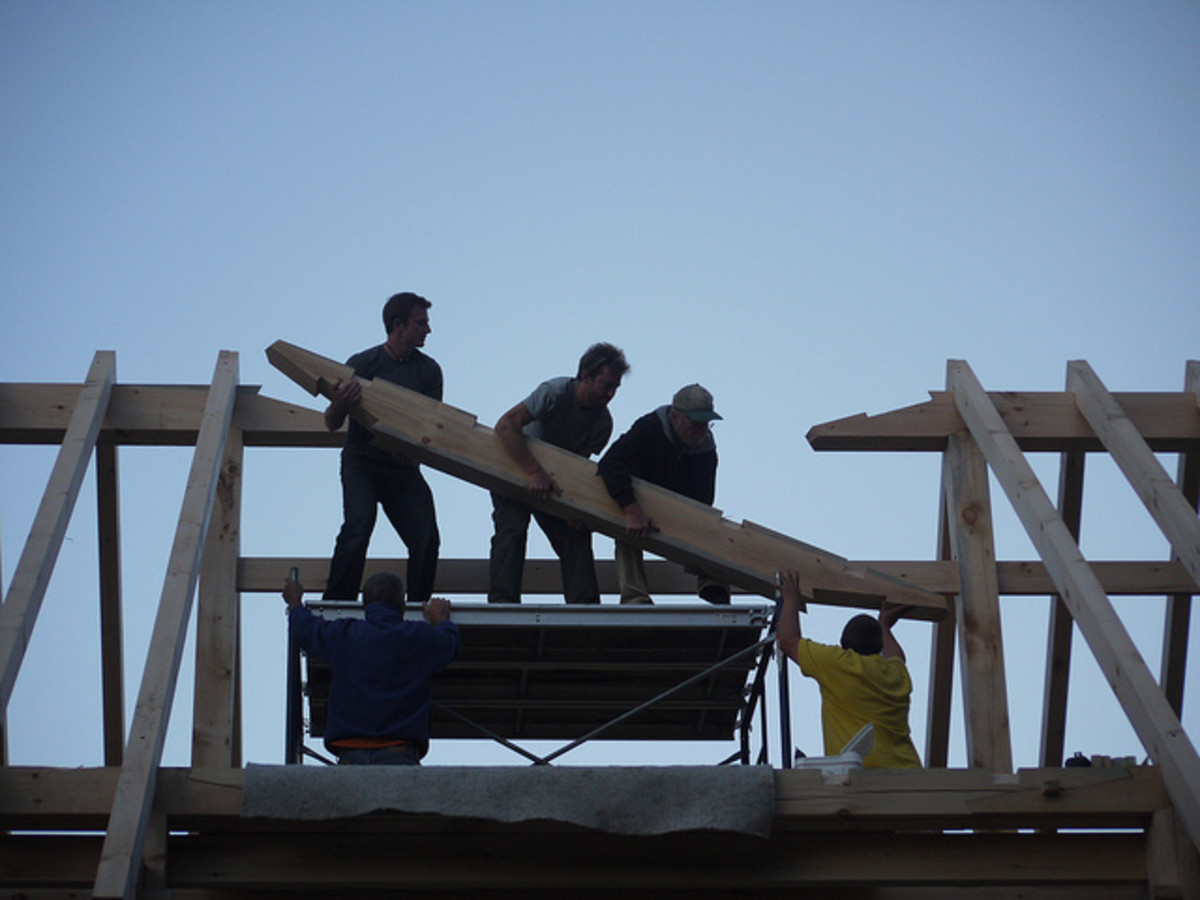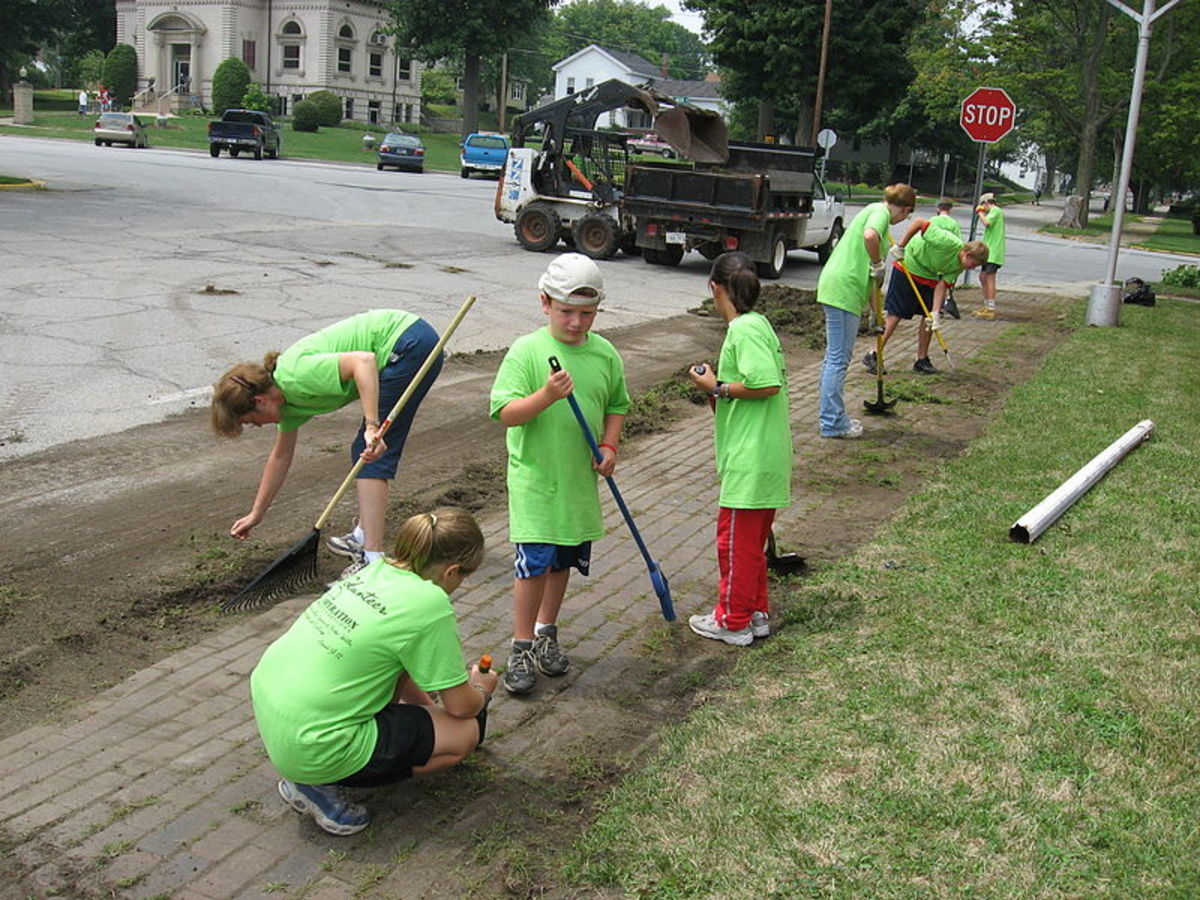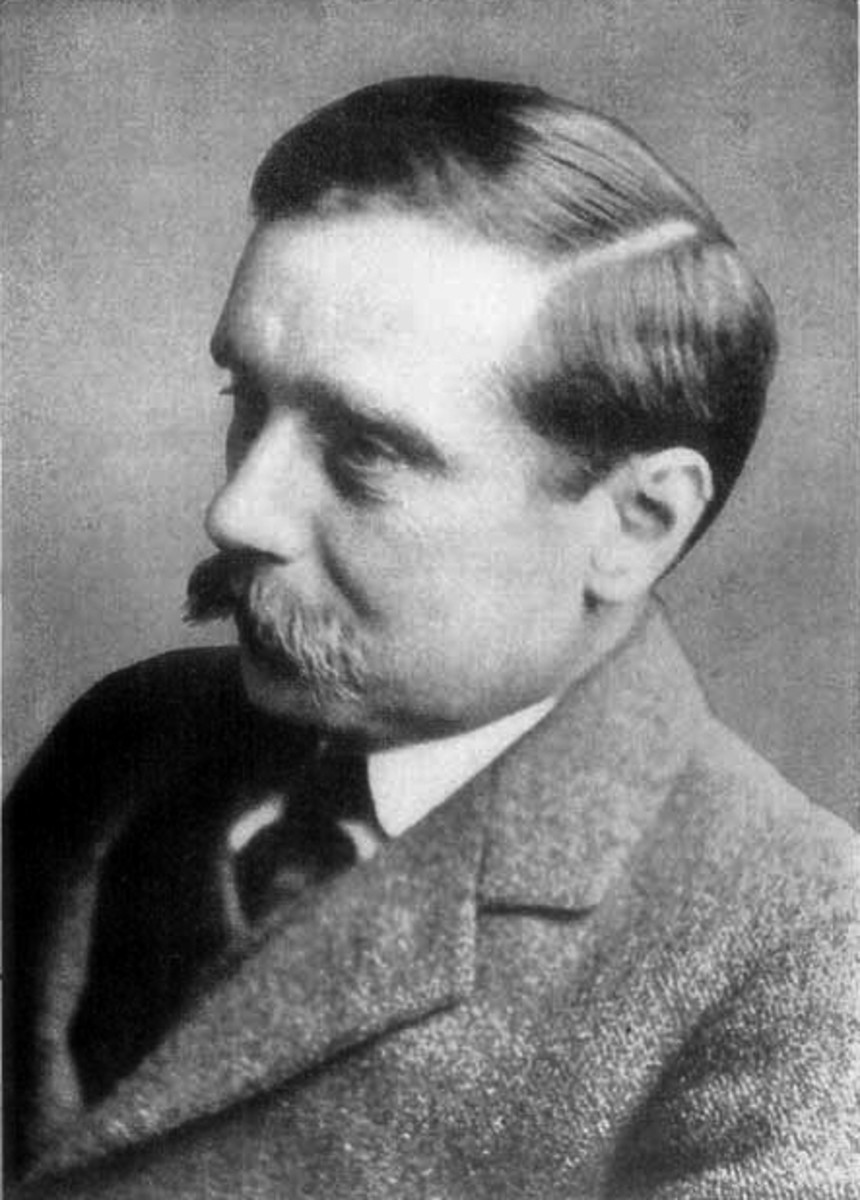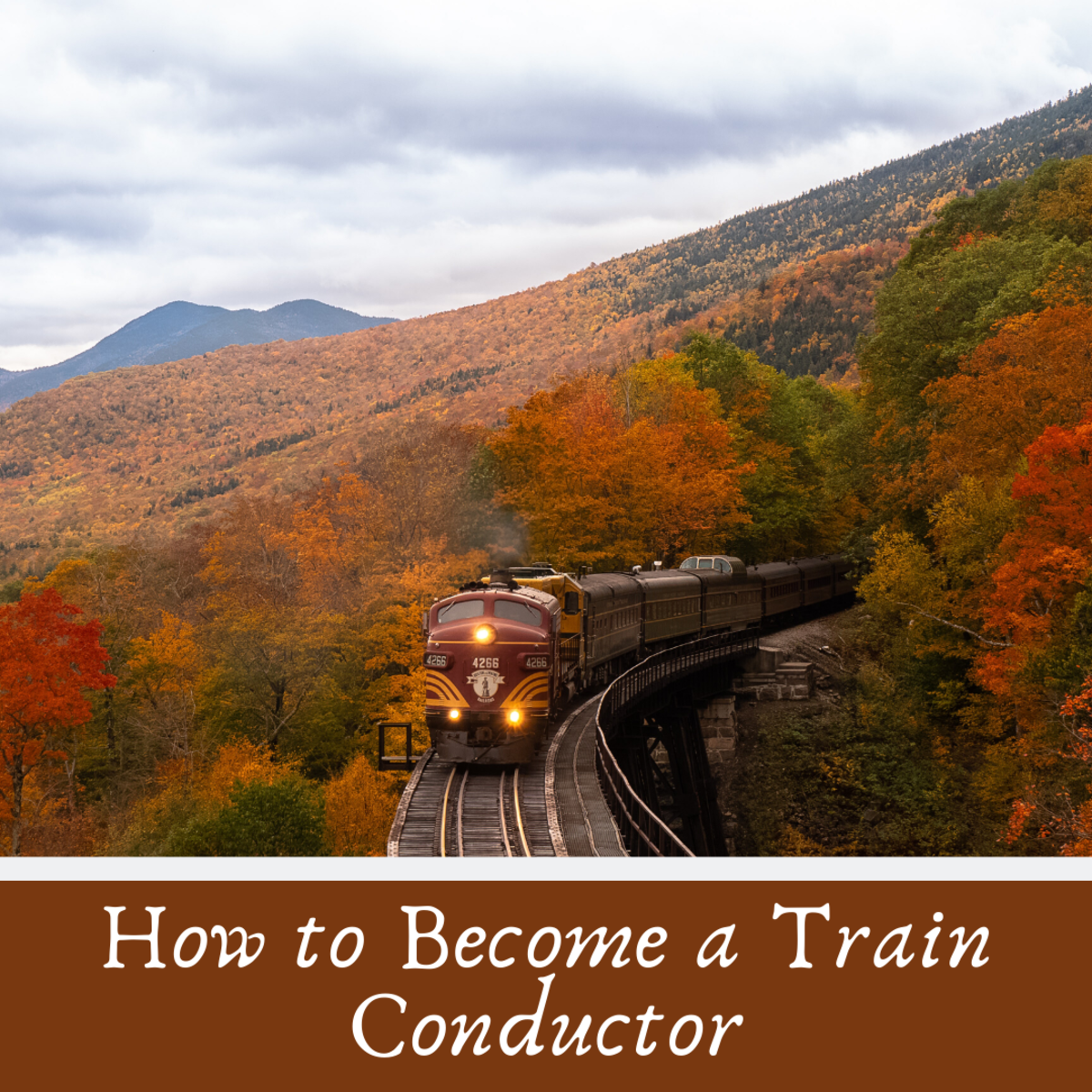The Life of a Community Organizer
PUSH March, Chicago 1973
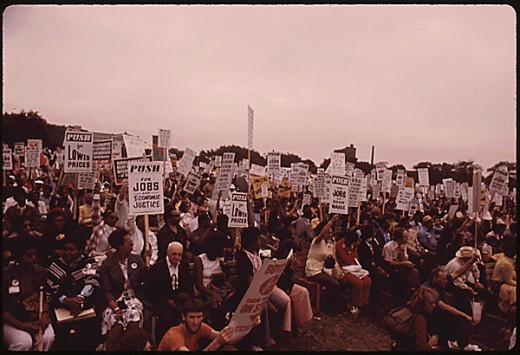
Mohandes Ghandi
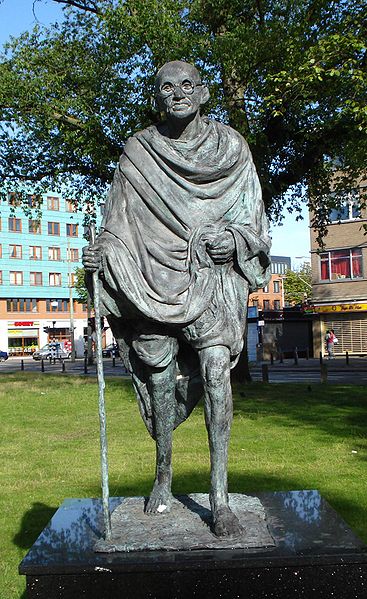
Women's Suffrage (Voting)
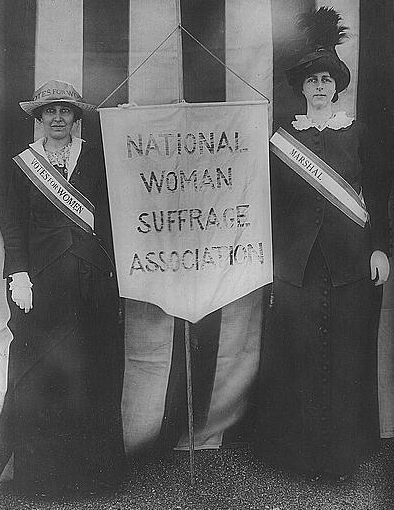
Background
I think that one of the best ways to become a community organizer is to be born into a family that appreciates and participates in community development and service to mankind. Even if a child is not born into such a family, public and private schools often offer community service projects to whet the child's appetite for service.
By high school in America, most youth are required to perform community service in order to graduate and receive their diplomas and this can be a first step to a career in community service.
An individual on the path to community organization as a career also needs to have an appreciation and commitment to the concept of "community." In this, the group is as important as, or more important than any unique individual in the group, but it is for the good of all members of that group. This does not prevent the group helping any single individual, however. People that do not want to participate or help others in a group cannot likely become success in community organizing.
Some individuals and small nuclear families in the fragmented American society attempt to isolate themselves from others. They do not know their neighbors and never speak to anyone in the local grocery store.
These individuals likely would not become successful community organizers, because interaction and networking is required for such work. If these folks became sudden gregarious, they would likely be met with suspicion. However, such individuals can change and gain trust in a community over time.
Civil Rights
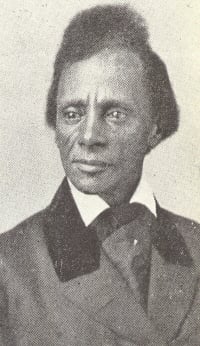
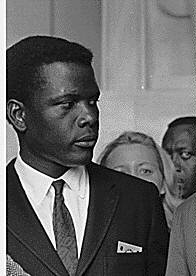
Early Expedience
We more often hear more often these days about children working for community development. Some of these kids organize bake sales to help a sick friend in the hospital to battle cancer via expensive treatment. Others make sandwiches and are able to persuade their parents to take them to the homeless downtown. Others collect blankets for the poor.
In junior and senior high school, some students join the Student Council and help organize their classes for community service projects or to improve the schools in some way. This can be a first step to community organizing and even a political career.
High school and college students often help to register people to vote before elections. This occurs in libraries, at churches, and in local health fairs and other events.
The more experiences a young person can gather along the lines of the above activities, the more he or she will be prepared to become a community organizer.
Among the skills required are
- Excellent verbal communication skills
- Excellent writing skills that include good grammar and spelling and a compelling persuasive style
- A creditable stage presence and confidence
- The ability to talk to strangers persuasively
- Public speaking skills for small to large gatherings
- Networking abilities
- A strong support group of like minded friends and family members
- Strong delegation and follow-up skills
Native American Lands
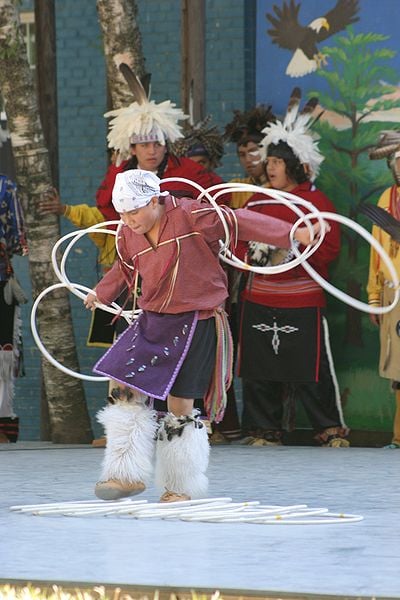
Qualifications
A community organizer falls into the fields of Human Services and Social Services workers.
Education
- A bachelor’s degree (BA/BS) is not always required at first in these jobs. However, a degree lends to credibility and trust and employers are looking for them, as well as for experience in the field. Unpaid volunteer experience is also counted.
- Job openings are expected to grow much faster than average from 2009 - 2012.
- Wages may be low, especially in entry level positions.
- Postsecondary education is likely necessary for advancement. A professional degree in law may be desirable.
Work Environment
Organizers will work in offices, government buildings, outdoors, in crowds, in healthcare facilities, and elsewhere. They may visit shelters and other programs. Travel is likely to be required. Personal safety may be at risk.
Roots
Community organizing began in the late 19th Century, surrounding women's rights, the plight of the poor, and minority injustices. It took a grass-roots format that involved door-to-door visitations, much like churches' weekly witnessing programs. In fact, many organizing campaigns were based in the faith-based community in churches and synagogues.
The issues of meeting bases remain the same in the 21st Century, with the addition of new issues of aging, literacy, healthcare and others.
Taking on a political bent after 1940 in Chicago, the role of community organizing adopted the Civil Rights Movement since 1960, Welfare Rights and youth organization since that time, and help for Hispanic and other immigrants.
The following sites for higher education can provide appropriate training for becoming a community organizer.
Community organizing is likely rooted in social and political improvement of society. Low wages in the beginning of one's CO career can end in high wages in public office.
Top 15 Grad Schools for Social Work
- Washington University in St. Louis
- University of Michigan--Ann Arbor
- University of Chicago
- Columbia University
- University of Washington
- University of California--Berkeley
- University of Texas--Austin
- University of North Carolina--Chapel Hill
- University of Southern California
- Case Western Reserve University
- University of California--Los Angeles
- SUNY--Albany
- University of Wisconsin--Madison
- Boston College
- University of Pennsylvania
(Determined by US News and World Report in 2009)
Top 15 Law Schools in America
- 1 Yale (CT)
- 2 Harvard (MA)
- 3 Stanford (CA)
- 4 Columbia (NY)
- 5 New York University
- 6 Univerity of California at Berkeley (Boalt)
- 6 U of Chicago
- 8 U of Pennsylvania
- 9 U of Michigan at Ann Arbor
- 10 Duke (NC)
- 10 Northwestern (IL)
- 10 University of Virginia
- 13 Cornell (NY)
- 14 Georgetown University (DC)
- 15 UCLA
- 15 U of Texas at Austin
(Top schools for 2009 determined by Top-Law-Schools.Com)


